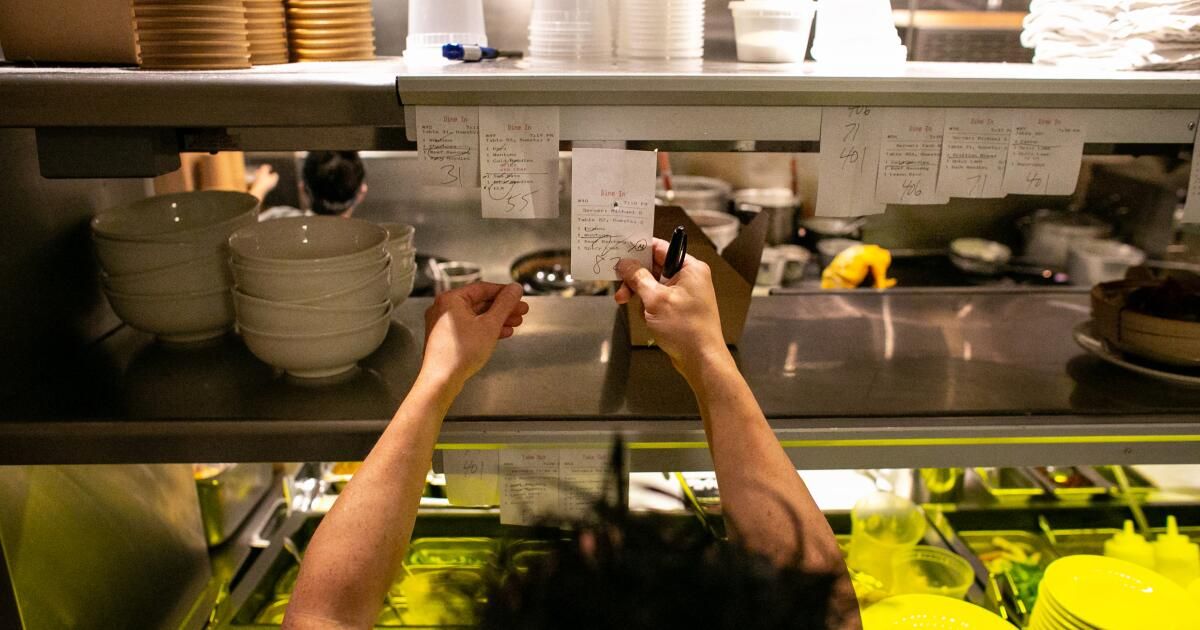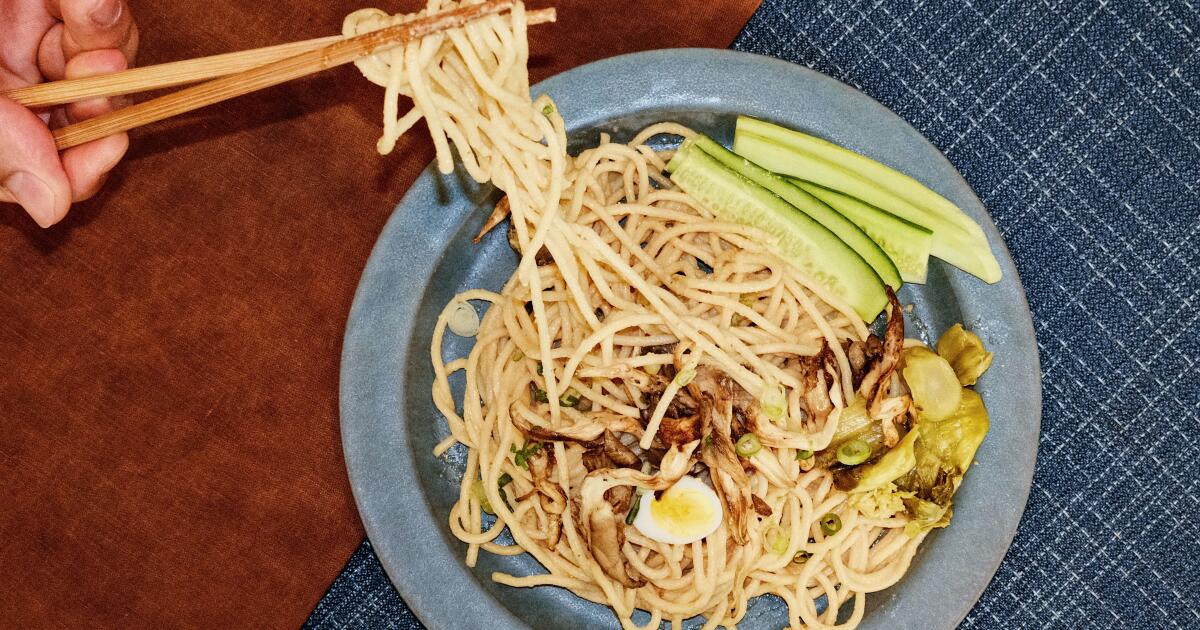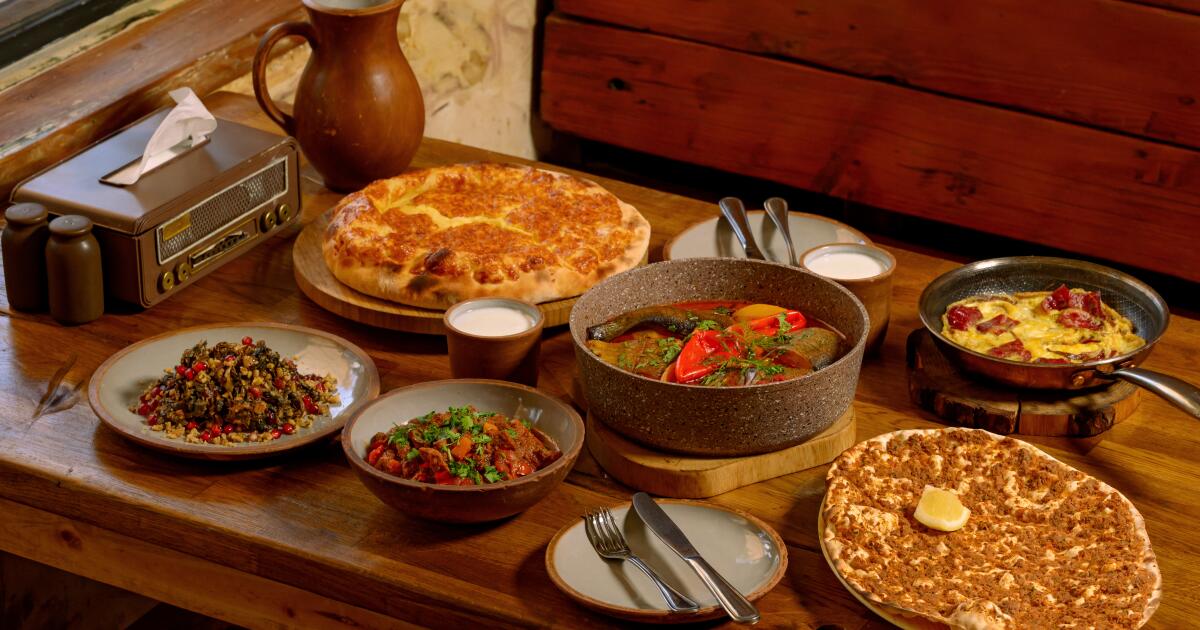California restaurateurs are counting the days until July 1, when a state law will be enacted that will prohibit restaurants, bars, hotels, concert venues and other businesses from charging service fees. causing the hotel industry to plummetBut a new emergency measure passed unanimously by the state Assembly on Tuesday could exempt restaurants and bars from the law if signed by Gov. Gavin Newsom.
Signed into law last October, Senate Bill 478 prohibits “hidden fees” as service charges. In restaurants and bars, these fees may appear as additional costs on the menu or final bill, ranging from 1% to 22% or even more. The practice is regularly used to stabilize wages in dining rooms and kitchens (where servers typically receive tips, but cooks and dishwashers do not) and to help offset the cost of benefits such as health care.
But the practice has been called into question, with multiple lawsuits filed against restaurant owners for their distribution and use of service fees.
Senators Bill Dodd (D-Napa) and Nancy Skinner (D-Berkeley) co-authored SB 478 in what they called an effort to protect consumers from surprise fees. At the beginning of June Dodd proposed Senate Bill 1524a new emergency measure that would clarify aspects of his original bill and, if passed, exempt restaurants from eliminating surcharges, as long as they are clearly listed.
“Any mandatory gratuities, service charges or other fees charged by restaurants must be conspicuously displayed on restaurant menus,” a statement from Dodd's office said. “For example, if a restaurant adds a 20% security fee to all bills, that 20% charge should be clearly stated up front on the menu. It cannot be a surprise that only appears when the bill arrives.”
SB 1524 would take effect immediately. He is co-authored by Senator Scott Wiener (D-San Francisco) and Assemblymembers Matt Haney (D-San Francisco), Jesse Gabriel (D-Encino), and Cecilia Aguiar-Curry (D-Winters).
“This measure has enjoyed unanimous bipartisan support and recent amendments have responded to the concerns of some consumer groups,” Haney said in a speech to the Assembly on Tuesday. It was approved unanimously with 79 votes.
In February a representative from Atty. Gen. Rob Bonta, who co-sponsored SB 478, told the Los Angeles Times that restaurants and bars would have to include the previously listed markup percentages in the list prices of menus and confirmed the guidance of the “price transparency law” guidelines last month.
SB 478 would not impose fines on restaurants, but could expose them to lawsuits on July 1. Several California restaurants and bars have already begun eliminating surcharges entirely or including the fees in menu prices, per the attorney general's guidance. Others have been watching the progression of SB 1524 since its introduction on June 6. Many restaurateurs told the LA Times that including surcharges in menu prices would cost them customers because of the impact on labels at an already tense time for the industry.
“Restaurants are vital to the fabric of life in California and should be able to cover costs as long as they do so transparently,” Wiener, a co-author of the new bill, said in a statement earlier this month. “SB 1524 clarifies parts of the law that pose a serious threat to restaurants. The bill strikes the right balance between supporting restaurants and providing transparency to consumers, and I am proud to support it.”
Following Tuesday's passage in the Assembly, SB 1524 will move to the Senate, where it requires a vote before reaching Newsom.












